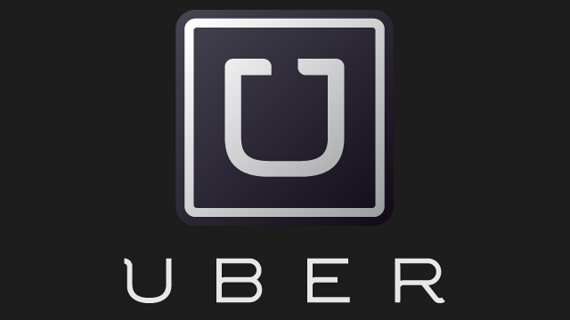
When it came to court cases Uber had a mixed day on Tuesday, with one win and one loss. Which do you want to hear first, the good news or the bad news?
Let’s start with the bad news: a Judge has granted permission for three Uber drivers to proceed with their claim against the company as a class action lawsuit. That means that thousands of other drivers can now come on board.
The drivers are suing the company over how they are legally classified; until now Uber has been designating them as independent contractors rather than employees, thereby denying drivers full benefits.
If the drivers win the fight to be called employees of Uber, they will be entitled to benefits, including Social Security, health insurance, paid sick days and overtime.
It would also mean that Uber would take a hit financially, and the company is already on shaky ground asleaked documents that came out last month show the e-hailing company losing $56 million in 2013, but then having those losses balloon to $52 million in the first quarter of 2014, and an astounding $108 million in the second quarter of last year.
That might also eat into its $50 billion valuation, which currently makes it the most valuable venture-backed company in the world.
Even the presence of this lawsuit has already been having across the on-demand ecosystem, with companies like Shyp and Instacart have already come out ahead and turned their contractors into employees. So, to say that Uber doesn’t want to lose this case is an understatement.
So what was the good news? That India is not being sued in India anymore.
The company had a lawsuit, which had been filed against it by a woman in India who said she was raped by her Uber driver, voluntarily dropped, according to Reuters.
The tincident in New Delhi this past December and the incident caused the service, on top of being sued, to be banned in that city, and in Hyderabad, as well.
Following the incident, the company strengthened its safety and security features in response. That included enhanced driver screening through tools like biometrics and voice verification, and stricter background checks on drivers.
Uber had been arguing that the victim in the case did not have the right to sue, as the driver had a contract with Uber B.V., a Netherlands-based entity with no U.S. operations, rather than Uber itself.
The court filing did not disclose any details on how the case was settled.
This is a big win for Uber, simply because of how important India is to its future growth. It is the company’slargest market outside of the United States. It recently took funding of between $75 and $100 million from Tata Opportunities Fund, a private equity fund linked to India’s Tata Capital, to go deeper into the country.
It has said that it plans to average more than 1 million rides a day in India over the next six to nine months.
VatorNews has reached out to Uber for comment on both of these decisions.
(Image source: cato.org)















